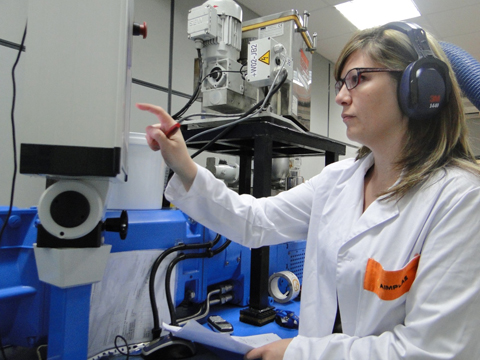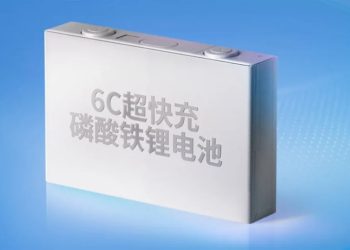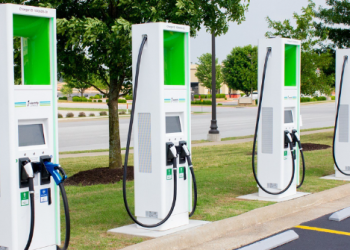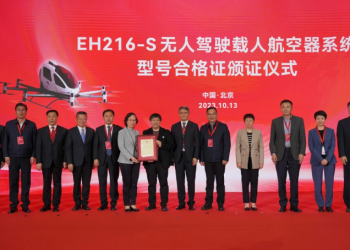The charging infrastructure and the optimization of the supply points to provide energy quickly to cars is leading to advances from different angles. Researchers not only work in efficient centers, but also appeal to modifications in batteries to combat the weak point of the electrification of the automotive market.
From the Technological Institute of Plastics of Spain (Aimplas), scientists are focusing their efforts on presenting an innovative battery exchange system, which will make it possible to replace discharged battery modules and leave aside the tedious recharging times.
From the research center they assure that this finding could give electric vehicles a safe, efficient, intelligent and sustainable charging structure.
How will it Work?
The initiative proposes a sustainable structural battery casing technology for lightweight cars, based on a reusable and recyclable long-fiber thermoplastic composite with dual functionalities: flame-retardant additives and electromagnetic shielding (EMI) particles.
Read also: Charging a Car while Driving? This Technology Could Make it Possible
The system will facilitate rapid battery exchange through solar-powered charging and will be able to predict energy consumption through the use of Artificial Intelligence (AI) algorithms, as well as creating an innovative intelligent energy management platform that eliminates electromagnetic interference risks and improves safety.
More Tech, Less Cost
Aimplas researchers claim that this new solution increases the vehicle’s autonomy by reducing its weight compared to the usual metal casings, which will also lead to lower costs, energy consumption and carbon footprint.
According to the Sustainable Mobility researcher at Aimplas, Begoña Galindo, in statements reviewed by the “Hybrid and Electrics” portal, thermoplastic matrix composites can play a key role in the industry of the 21st century, since they offer great advantages in terms of reduced weight, high rigidity and specific resistance comparable to metallic materials.

He assures that this is the reason why the new generation of electric cars is betting on the use of these plastic materials, which make possible a free design and a weight reduction of around 40%.
“Sustainable mobility is a strategic priority at local, national, European and global levels, so it is essential to promote new technological solutions that ensure safe, connected and intelligent mobility, applied to both individual and delivery vehicles, and that reduce CO2 emissions, said the researcher.
Written by I Jhonattan González



















